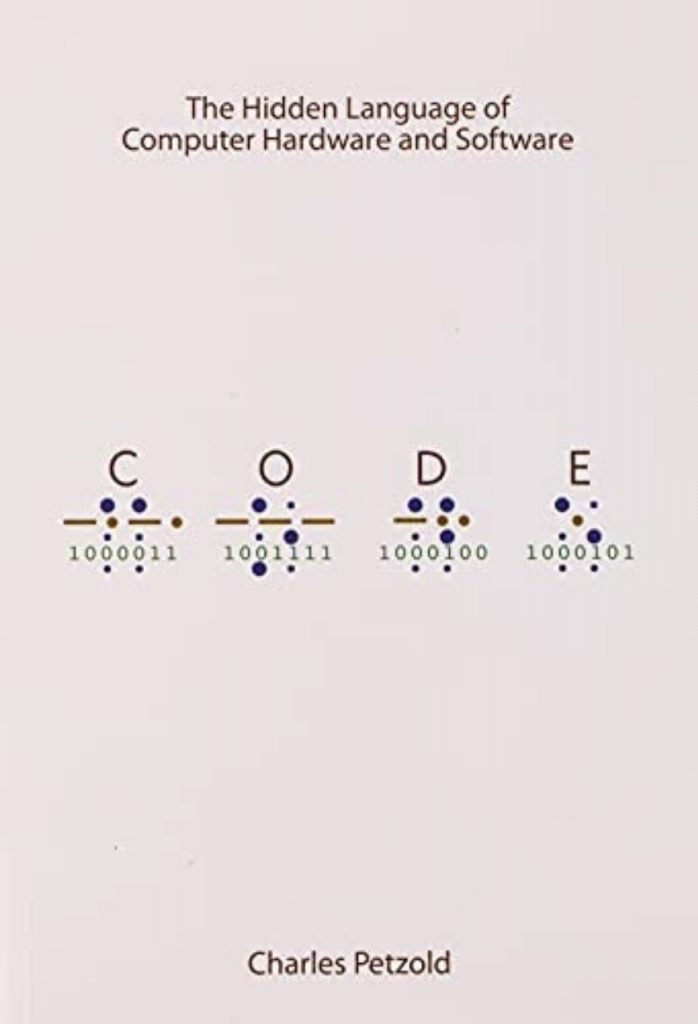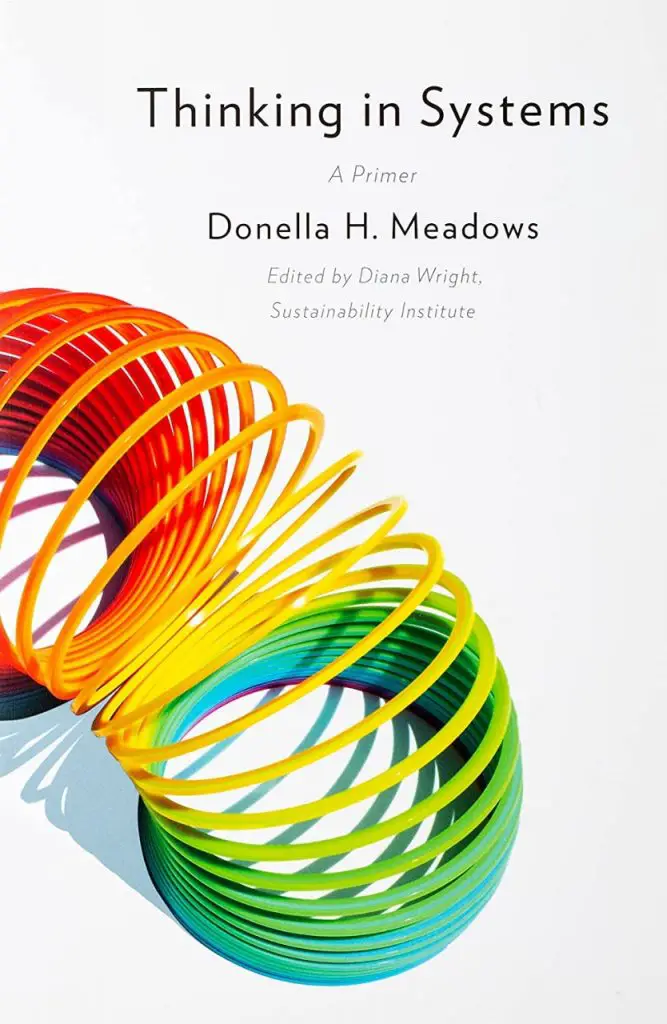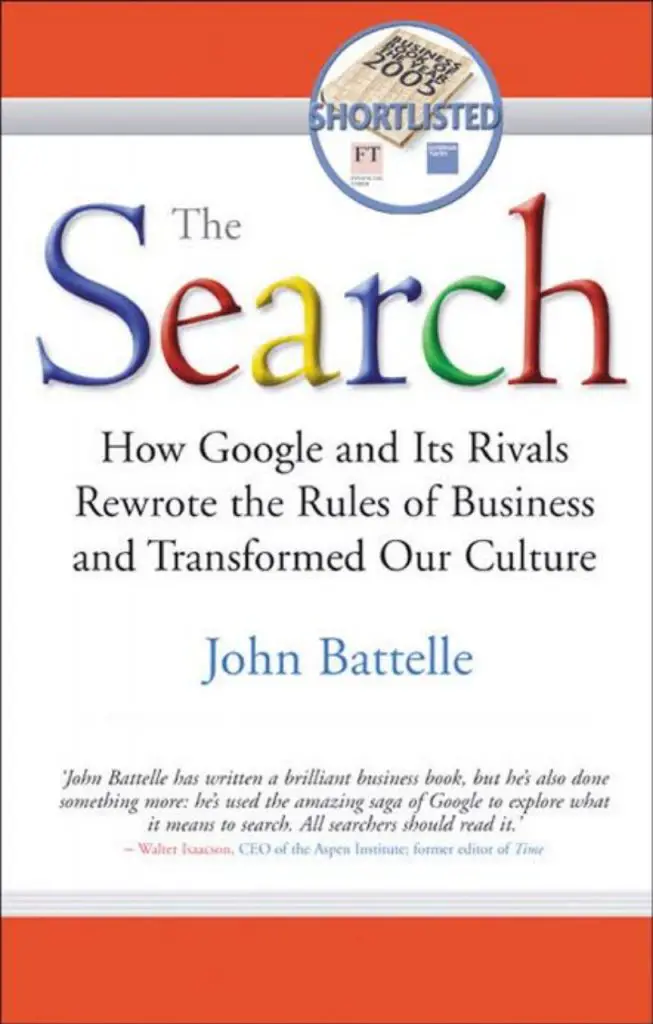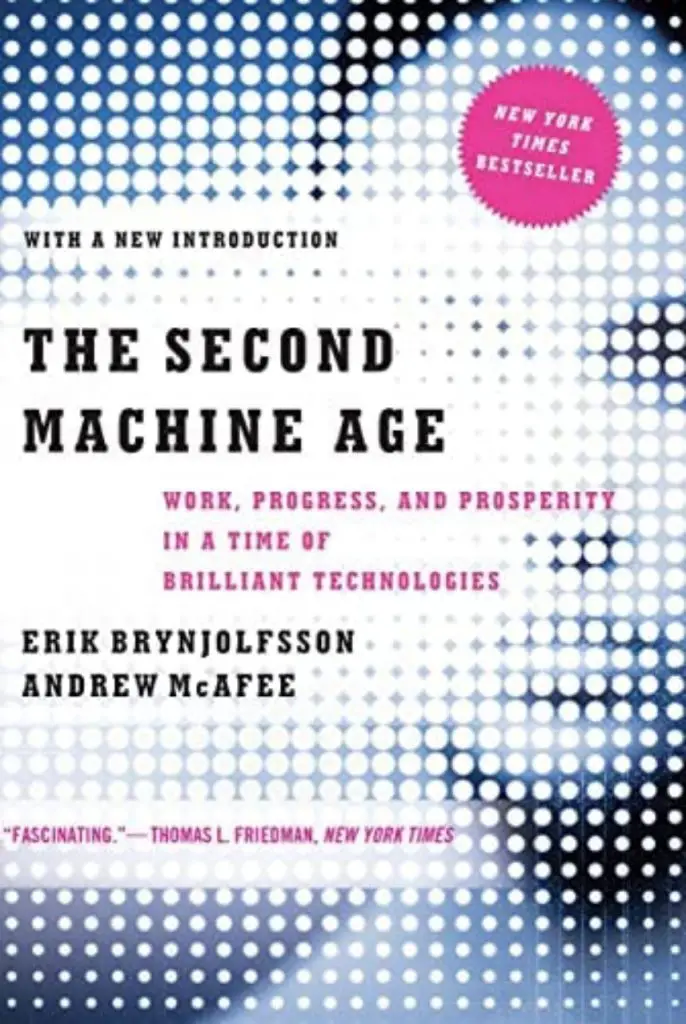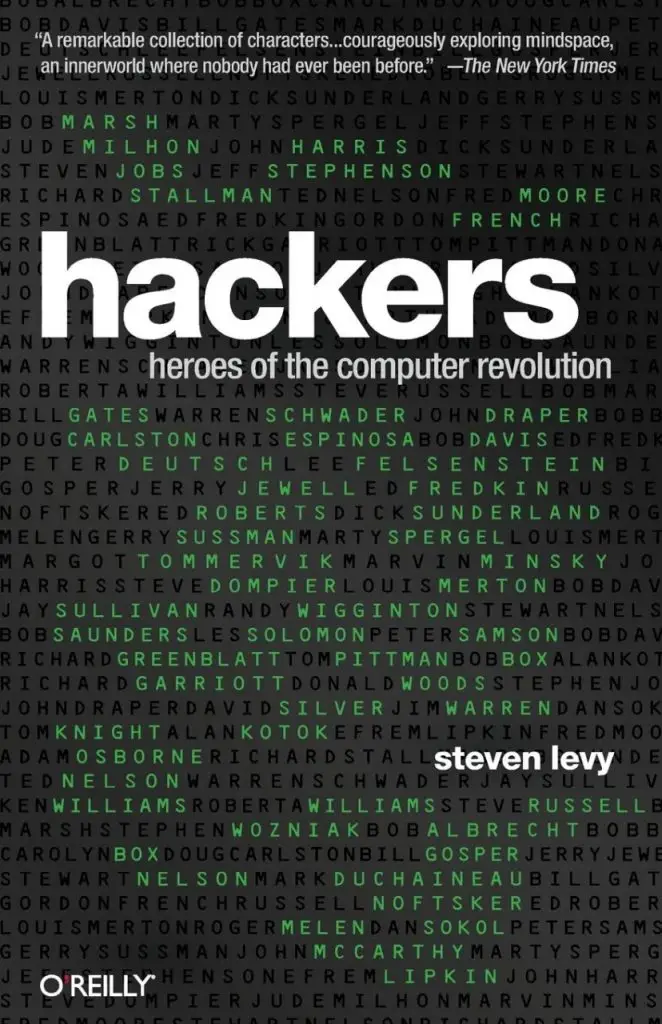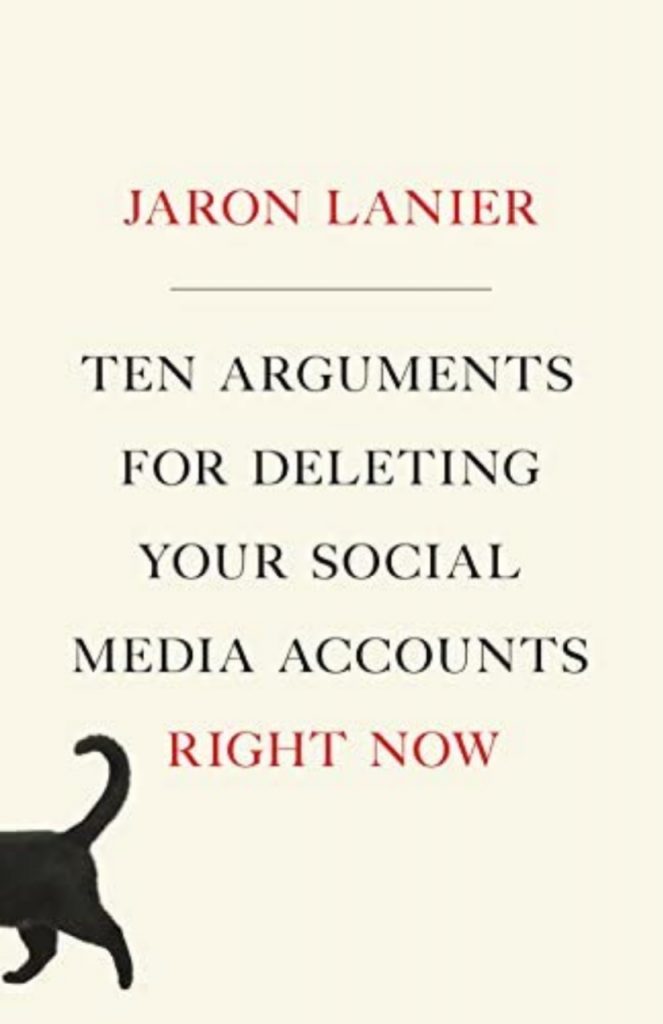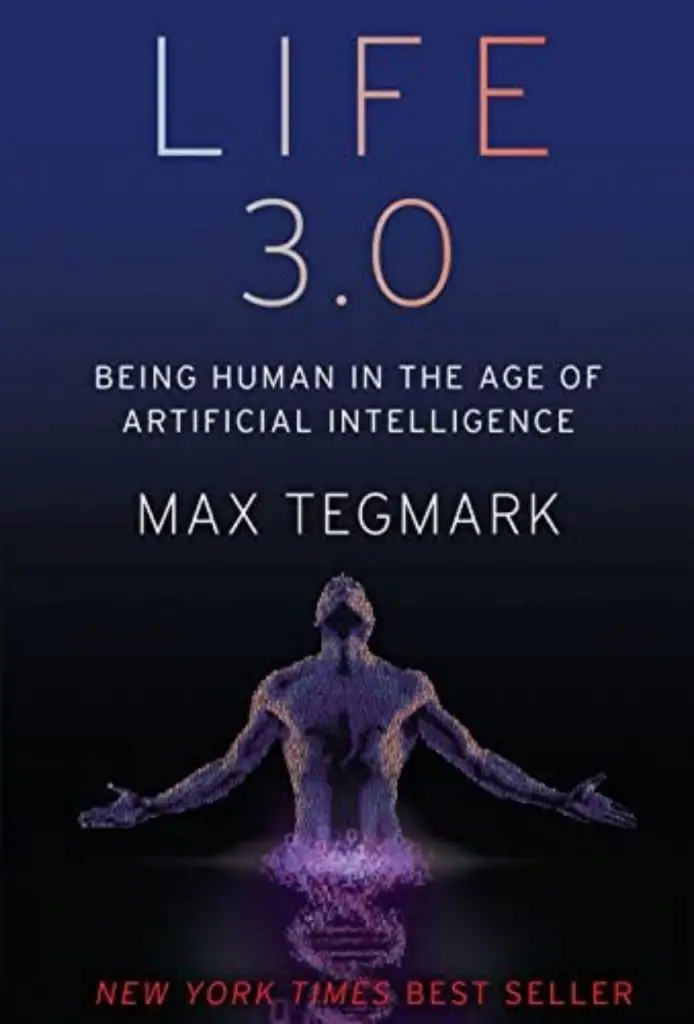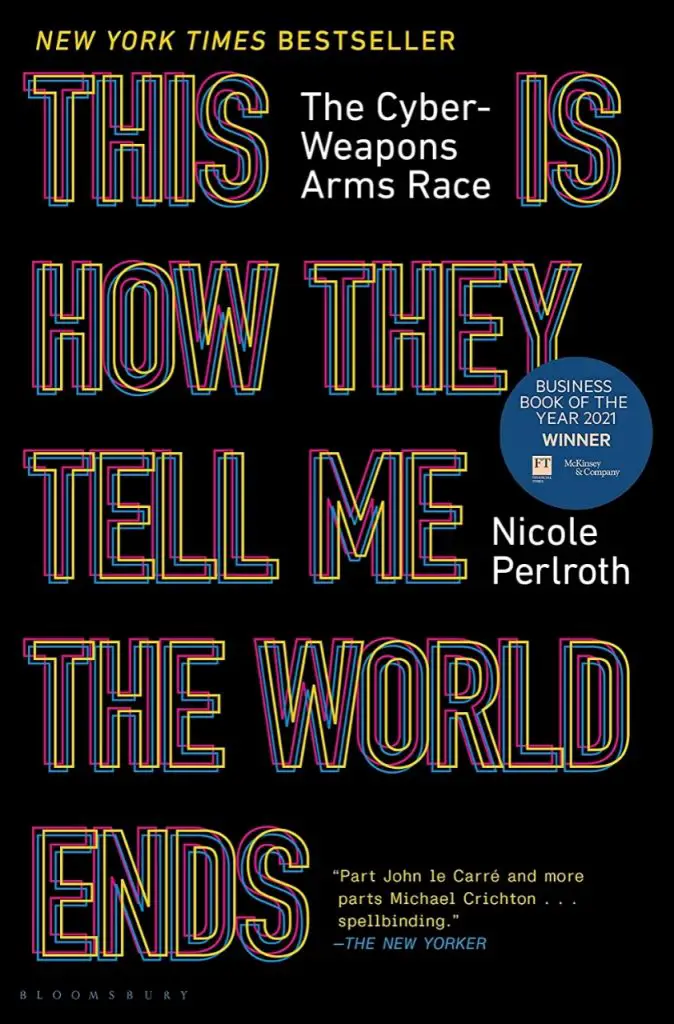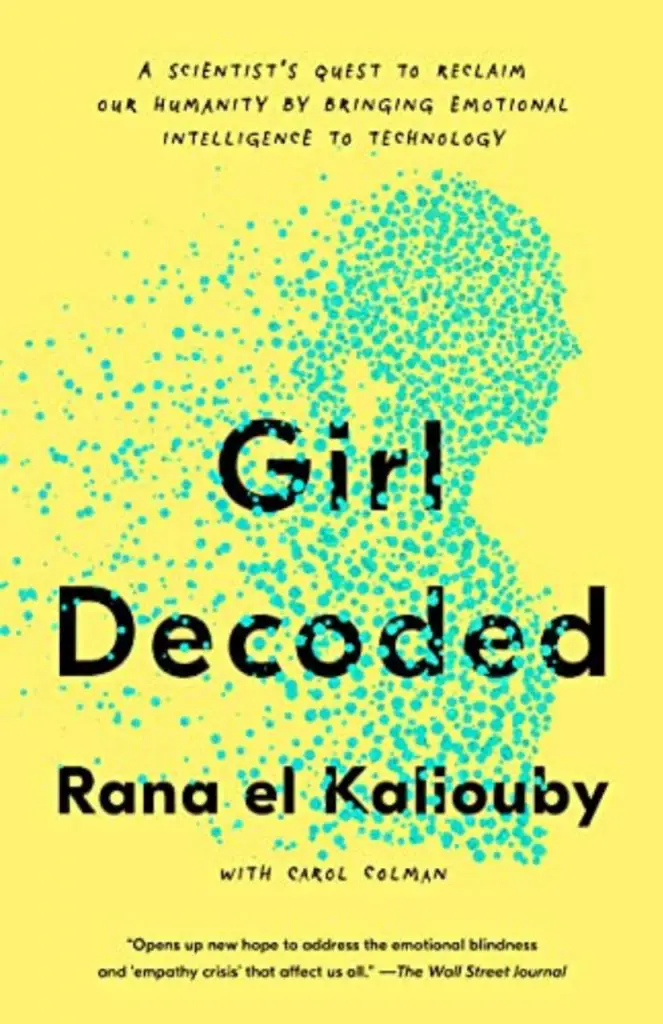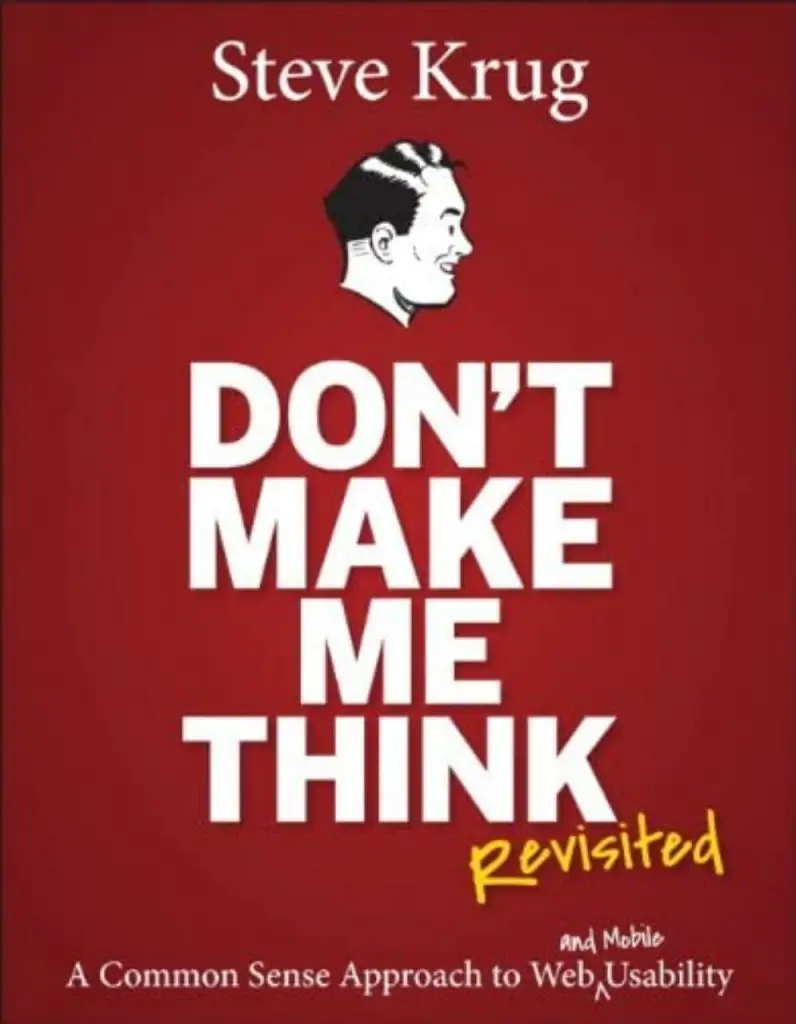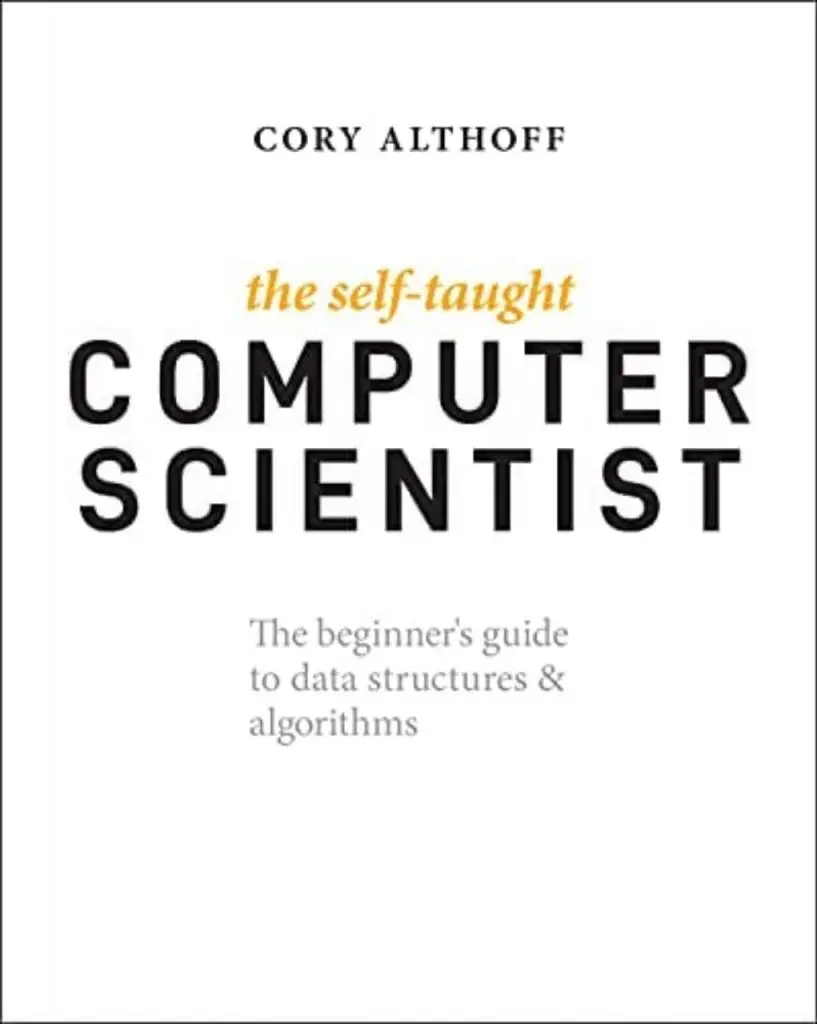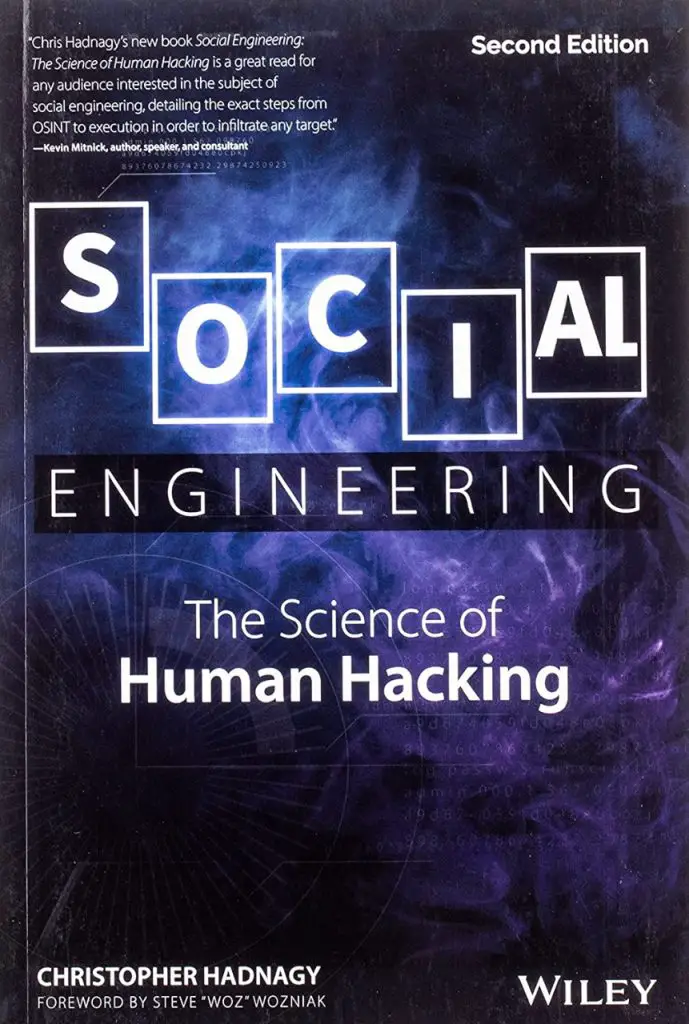Ever wondered what the must-read Computer Science books are? Here is our take.
This list is for you, whether you own a personal computer and want to study computer science to learn how to write code, master programming language design, or keep up with advances in the tech world.
We consider computer science books that boast top-notch knowledge without bothering you with too much detail.
This list helps researchers who are tucked away in their daily grind develop their next breakthrough idea.
For a layperson, this helps you become a well-read lifetime learner.
Here are the best books for computer sciences students that we think may help you in your course.
Table of Contents
Must-Read Computer Science Books Overview
- Code: The Hidden Language of Computer [Get the Book]
- The Innovators by Walter Isaacson [Get the Book]
- Thinking in Systems [Get the Book]
- The Search [Get the Book]
- The Second Machine Age [Get the Book]
- Superintelligence [Get the Book]
- The Soul of a New Machine [Get the Book]
- Hackers: Heroes of the Computer Revolution [Get the Book]
- Deleting Your Social Media Accounts Right Now [Get the Book]
- Life 3.0: Being Human in the Age of Artificial Intelligence [Get the Book]
- This is How They Tell Me the World Ends [Get the Book]
- Girl Decoded [Get the Book]
- Don’t Make Me Think [Get the Book]
- The Self-Taught Computer Scientist [Get the Book]
- Social Engineering [Get the Book]
Code: The Hidden Language of Computer Hardware and Software by Charles Petzold
Intro-Why you should read it
Charles Petzold’s book demonstrates how humans modify the language to invent new ways of interacting with one another.
Code highlights human creativity and its impacts on technology in the previous centuries.
Summary-What this book is about
The author utilizes recognizable language systems to create an engaging narrative for everyone curious about the workings of computers.
Code is easy-to-understand and rich in knowledge of digital media, the internet, and PCs.
This book will enchant you as a computer science student, regardless of your technical know-how.
Key Takeaways
- The book explains the origin of code, the process of coding, and the applications of codes.
- The text explores computing and computers better than most technical books.
- Charles Petzold’s skill in storytelling makes this complex subject fun to read.
The Innovators: How a Group of Hackers, Geniuses, and Geeks Created the Digital Revolution by Walter Isaacson
Intro-Why you should read it
Walter Isaacson–the best-selling novelist of Steve Jobs–wrote a thoroughly researched book covering several contributors to the internet and computer science.
The Innovators continue to equip and inspire computer science majors to follow in the footsteps of other creative computer scientists.
We recommend this concise book for computer science students due to its straightforward insights into the digital age that seeks to nourish teamwork, innovation, and creativity.
Summary-What this book is about
The text takes readers on a journey in history, highlighting key pioneers in computer programming and other related fields.
The Innovators tells the story of how the minds of geniuses operated, discussing what made them creative.
Walter Isaacson also describes the significant role teamwork played in nurturing their creativity.
Key Takeaways
- The book provides an overview of visionaries whose ingenious innovations influence our everyday lives.
- The Innovators offers an unparalleled tale of the modern history of computers.
- The author employs less jargon to reach a large general audience group.
Thinking in Systems: A Primer by Daniella Meadows
Intro-Why you should read it
This “essential primer” equates computer systems thinking to real-world problems.
It takes center stage in discovering effective solutions to the world’s problems.
Daniella Meadows links the world’s most pressing issues to system failures.
Summary-What this book is about
Daniella explains that you can only solve starvation, war, environmental degradation, and poverty by addressing the whole system.
Thinking in Systems provides computer science students with an intriguing look at the field in everyday language.
Key Takeaways
- Dana Meadow’s book assists us in narrowing the gap between policymakers and system thinkers by offering ways both can work to solve everyday problems.
- The author uses informative examples to discuss the system fundamentals of stocks, feedback, flows, bounded rationality, resilience, system limits, and time delays.
- Learning systems makes you discover systems everywhere because they’ve been there the whole time.
The Search: How Google and Its Rivals Rewrote the Rules of Business and Transformed Our Culture by John Battelle
Intro-Why you should read it
This book explores how Sergey Brin and Larry Page made Google one of the top search engines today.
The Search is both a business and a key book on search technology.
Summary-What this book is about
The Search provides a detailed account of Google’s triumph while exploring search technology –including its past state, current, and future.
The book also underscores the impacts of this technology on civil rights, International law, job hunting, pop culture, marketing, media, and dating.
Key Takeaways
- Human desires, curiosity, and exploration are the driving force in the technical world.
- The book discusses Google’s power over other search engines while explaining the rise of quality search.
The Second Machine Age: Work, Progress, and Prosperity in a Time of Brilliant Technologies by Erik Brynjolfsson and Andrew McAfee
Intro-Why you should read it
MIT’s Andrew McAfee and Erik Brynjolfsson describe the factors that drive digital technologies, including the Google automobile and the resulting inventions.
Summary-What this book is about
The Second Machine Age explains the strategies that will help industries benefit from technological advancements.
The authors offer researched-based survival methods that seek to steer enterprises to prosperity.
This book prepares readers for new collaborations that relate to human ingenuity with the power of brute processing.
Key Takeaways
- More industries are yet to change. Just like autonomous cars, these professions will evolve with today’s technological advancements.
- Computers are likely to render some forms of workers jobless. These sophisticated computers will carry out Roles requiring complicated thinking patterns.
Superintelligence: Paths, Dangers, Strategies by Nick Bostrom
Intro-Why you should read it
Nick Bostrom’s book is a must-read for every successful computer science major because it covers essential topics and themes revolving around morality.
Summary-What this book is about
In Superintelligence, Nick Bostrom offers a framework for comprehending humanity and its future.
The book starts with reflections on humanity, attempting to answer many computer scientists’ questions about intelligence.
Key Takeaways
- This book assembles relevant topics across several disciples, including philosophy, natural sciences, social sciences, engineering, and medicine.
- The author describes artificial intelligence, including its history, development, and accomplishments.
The Soul of a New Machine by Tracy Kidder
Intro-Why you should read it
The Soul of a New Machine is one of the must-read computer science books detailing the history of this profession.
Summary-What this book is about
This computer science book recounts the excitement, comedy, and drama in the developmental years of computers.
Computer Science students are likely to appreciate the business approach that Tracy Kidder highlights in this book.
Key Takeaways
- Seeking out mind-blowing technical breakthroughs is one of the practices that persist in computer science.
- This book gives detailed information on how to make and organize computers.
- The book offers a timely reminder that, while technology advances at a dizzying speed, the design process remains largely unchanged.
Hackers: Heroes of the Computer Revolution by Steven Levy
Intro-Why you should read it
While this computer science book focuses on the profession’s history, students and computer science professionals will appreciate the hacker ethic that doesn’t depend on status, age, or race.
Summary-What this book is about
Steven Levy’s famous book follows the adventures of the earliest hackers who pioneered the computer revolution.
The story starts at the computer research laboratories and progresses to the world’s first computers.
This text offers current materials on the works of notable hackers, including Mark Zuckerberg, Bill Gates, Steve Wozniak, and Richard Stallman.
Key Takeaways
- The author breaks down the complex computer science concepts into short stories that are fun to read.
- Levy offers readers a new perspective on hackers, largely regarded as criminals.
Ten Arguments for Deleting Your Social Media Accounts Right Now by Jaron Lanier
Intro-Why you should read it
Life without social media is nearly impossible in this age. Jaron Lanier offers compelling personal reasons why we should stay away from damaging internet platforms.
Summary-What this book is about
Jaron Lanier’s book addresses the drawbacks of social media, including distortion of our understanding of reality and promoting a fake sense of popularity.
The author also disagrees with the notion of increased connectivity in the world, arguing that we are separated from one another more than we will ever imagine.
Key Takeaways
- Social media doesn’t promote independence. Wealthy people control algorithms that constantly monitor our accounts on the internet.
- Freedom, happiness, and dignity outweigh the benefits of social media.
Life 3.0: Being Human in the Age of Artificial Intelligence by Max Tegmark
Intro-Why you should read it
We recommend this book to computer science students because of its originality, accessibility, and provocative style of explaining the different viewpoints on artificial intelligence.
Summary-What this book is about
This book equips you with the knowledge and skills you’ll need to take part in the debate about the physical limits of the universe, consciousness, meaning, and superintelligence.
Key Takeaways
- This book challenges readers to seek ways to improve their chances of benefitting from artificial intelligence.
- Life 3.0 offers the hard thinking needed to understand the future of artificial intelligence.
This is How They Tell Me the World Ends: The Cyber Weapons Arms Race by Nicole Perlroth
Intro-Why you should read it
This New York Times bestseller boasts a unique writing style that reveals the government’s secret market.
Summary-What this book is about
Nicole Perlroth of the New York Times discusses cybersecurity’s black market where nations hire hackers to uncover weaknesses they may exploit to destroy one another.
The book argues that the under-prioritization of cyber defense exposes citizens to cyber attacks.
Key Takeaways
- Governments should prioritize defensive tactics to curb cybercrimes. Instead, they exploit the flaws in the major applications.
- The book explores bug-sellers, hackers, and spies for hire.
Girl Decoded: A Scientist’s Quest to Reclaim Our Humanity by Bringing Emotional Intelligence to Technology by Rana el Kaliouby
Intro-Why you should read it
Girl Decoded is an invaluable tool for every computer scientist interested in learning general intelligence.
Summary-What this book is about
El Kaliouby’s book covers several stories, including the difficulties a Muslim woman faces in the male-dominated world of technology.
Key Takeaways
- Scientists may need to introduce human emotions to computers. This addition will complement the machines’ ability to reason effectively.
- The author’s notable contributions to robotics and vehicle monitoring systems continue to improve everyday life.
Don’t Make Me Think, Revisited: A Common Sense Approach to Web Usability by Steve Krug.
Intro-Why you should read it
Krug’s engaging writing style ensures this 200-paged book remains a must-read for all web developers.
Many Goodreads and Amazon reviewers claim to have enjoyed reading this little book.
Summary-What this book is about
Computer Science students, particularly web designers, may find this book invaluable because of its emphasis on intuitive navigation, accessibility, and usability in the field of web design.
Key Takeaways
- The authors give simple advice on web usability, making it look easy to enthusiasts and those with prior knowledge of web programming.
- Krug’s book promotes the “information is timeless” notion. The concepts from this book remain valid to date.
The Self-Taught Computer Scientist: The Beginner’s Guide to Data Structures & Algorithms by Cory Althoff
Intro-Why you should read it
Do you want to learn an intermediate background in computer science?
The Self-Taught Computer Scientist, a continuation of The Self-Taught Programmer by the same author, offers an introductory course to computer science and programming.
Summary-What this book is about
This book covers data structures, algorithms, technical interviews, interview questions, and core principles.
Key Takeaways
- Besides discussing beginner-level concepts, this book prepares you for job interviews.
- The Self-Taught Computer Scientist covers the fundamentals of software engineering, coding, and programming.
Social Engineering: The Science of Human Hacking by Christopher Hadnagy
Intro-Why you should read it
A section of cybercriminals prefers to convince people to disclose their passwords. Social engineering practice is easier than hacking information from machines.
This book explores cyberattacks that result from flaws in human beings.
Summary-What this book is about
Social Engineering covers techniques of social engineering and the changes in this field.
Key Takeaways
- Cybersecurity has a lot to do with people and not systems as we think.
- We should fortify our (human) firewall to reduce cyberattacks.
Conclusion
We recommend a list of books that discuss various topics from computer hardware, computer programming, operating systems, data science, basic algorithms, and more.
This list seeks to help beginners learn how computers work, the basic computer programs, or appreciate your mobile devices without worrying about the technical details.
You may want to supplement these books with more advanced ones for graduate degree students.
You can add algorithm design manuals or books on machine learning, programming languages, cloud management, database management, and other technical books.
We hope this article was helpful.
References
[1] https://www.computersciencedegreehub.com/top-10-mustread-books-computer-science-majors/
[2] https://fivebooks.com/best-books/programming-computer-science-ana-bell/


